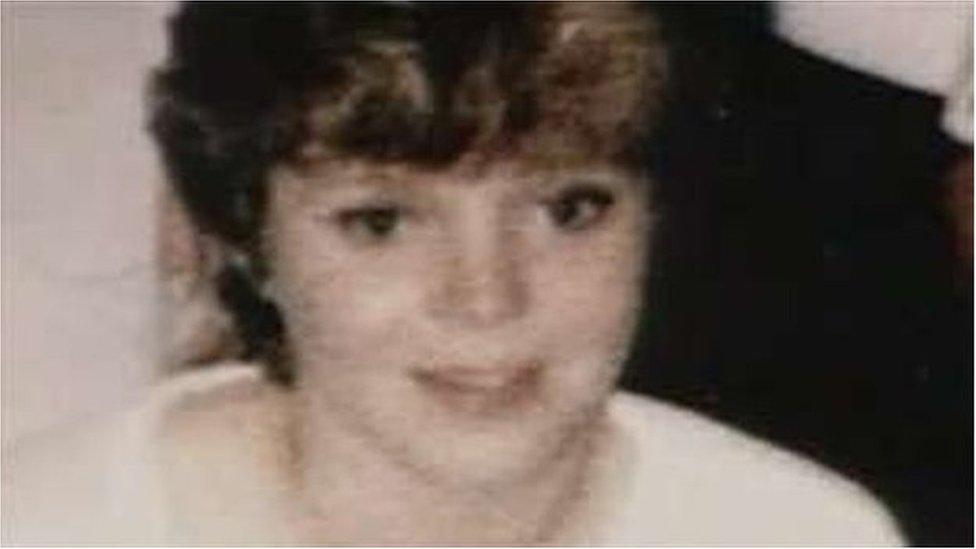Lynette White killer parole hearing won't be public
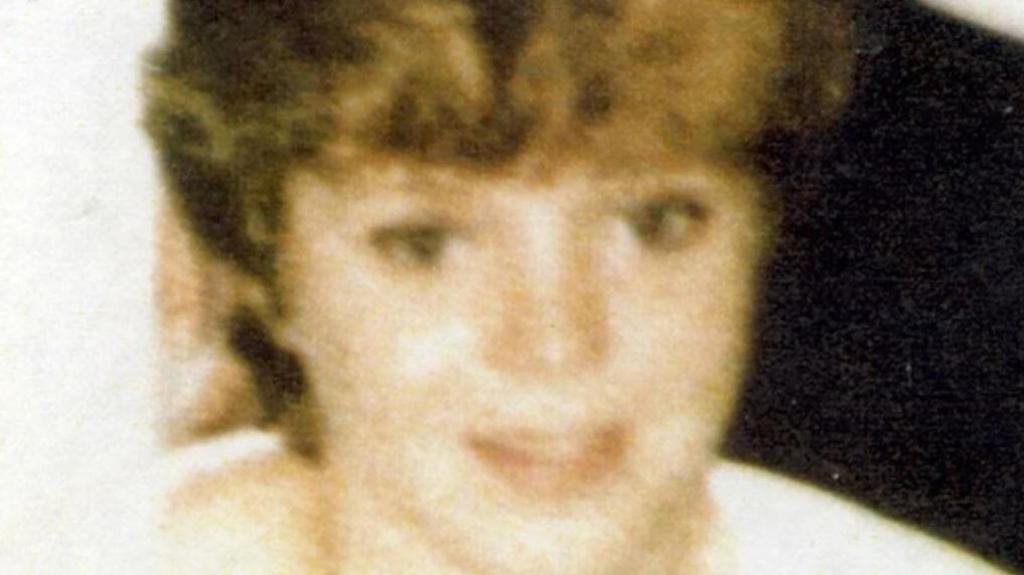
Lynette White was murdered by Jeffrey Gafoor in the 1980s
- Published
The parole hearing of one of Wales' most notorious murderers will not be held in public after three requests were rejected.
Jeffrey Gafoor, 59, was jailed in 2003 for killing Lynette White in Cardiff in 1988 and his sixth parole hearing is due to take place in October.
John Actie, one of five men who wrongly spent time in prison for the killing, said Gafoor's hearing should "definitely" be public.
But three applications for this hearing to be public were turned down, with the parole board saying it was "not appropriate" for Gafoor’s latest parole hearing to be held in public as it would be assessing "current risk".
Gafoor's lawyers had argued the hearing should not be held in public.
Calls for public hearing for Lynette White murderer
- Published21 August 2024
Lynette White murderer allowed out on day release
- Published10 January 2023
Man wrongly jailed in notorious murder case dies
- Published12 September 2022
What happened to Lynette White?
Ms White, who had been working as a sex worker, was found stabbed more than 50 times in a flat in Cardiff docklands.
Detectives originally said they were hunting a white suspect, but five black and mixed-race men were arrested and charged with her murder.
The included Tony Paris, Yusef Abdullahi and Stephen Miller, who were all wrongfully convicted of murder in 1990.
Their convictions were later quashed by the Court of Appeal.
After advances in DNA technology, Gafoor was caught and jailed for life with a minimum term of 13 years.
A police corruption trial surrounding the case later collapsed.
In January 2023, Gafoor was granted day release from prison but, despite several applications, he has never been released on parole.
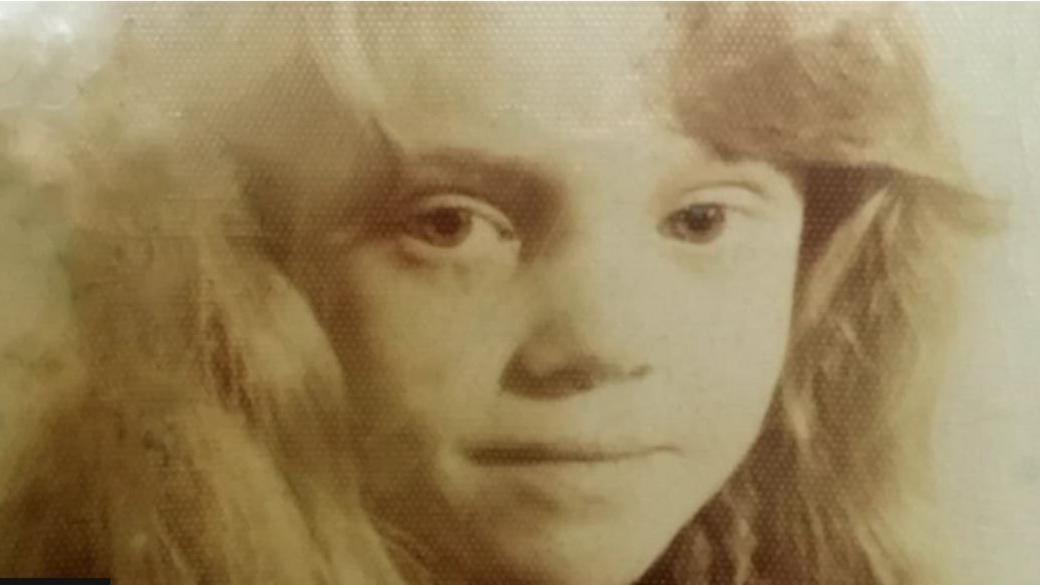
Lynette White when she was a child
When are parole hearings held in public?
Victims, prisoners, members of the public and the media have all been able to apply for public parole hearings after changes in the law in 2022.
In deciding whether to grant a public hearing, the parole board takes into account the wishes of the victims, any risk of trauma to the victims or their families, any risks of safety to the prisoner and whether witness evidence would be affected.
One of those who applied for the hearing to take place in public, journalist and author Satish Sekar, described the board’s latest decision as "a disgrace".
He said: "If you want to move into an era of open policies so that people actually understand processes and participate in them, then you have to be doing these things in public, people have to be able to understand."
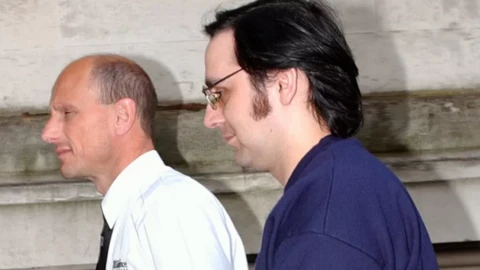
Jeffrey Gafoor was jailed for Lynette White's murder in July 2003
Peter Rook KC, judicial vice-chairman of the Parole Board of England and Wales said he understood that public hearings can provide "insight into the case and parole process".
However, he added that, in this case, "the sole focus at the hearing will be on an assessment of Mr Gafoor’s risk and whether that risk can be safely managed in the community".
"There are no special features to the case apart from the fact that a number of men were wrongly convicted of this offence before Mr Gafoor was convicted."
The Parole Board said protecting the public was its "number one priority".
Related topics
- Published14 February 2018
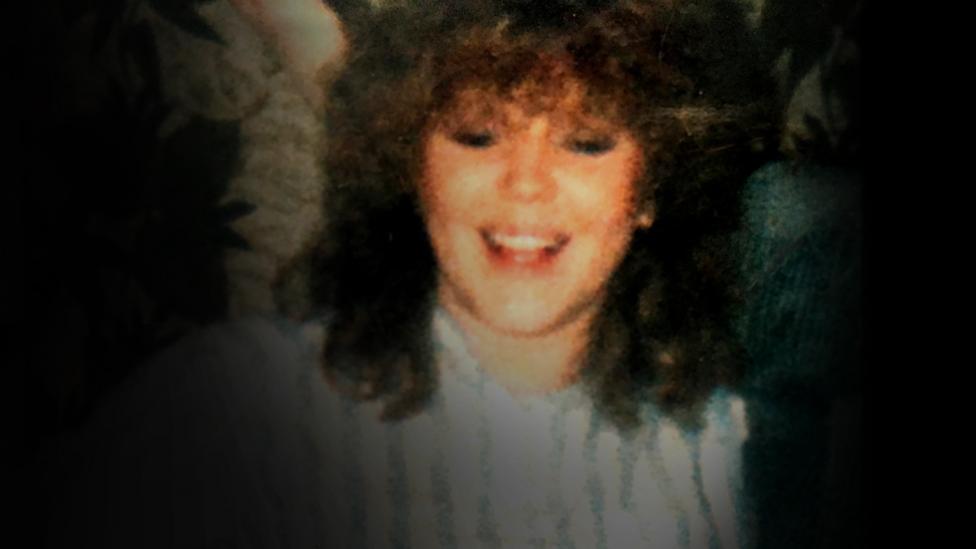
- Published14 June 2016
